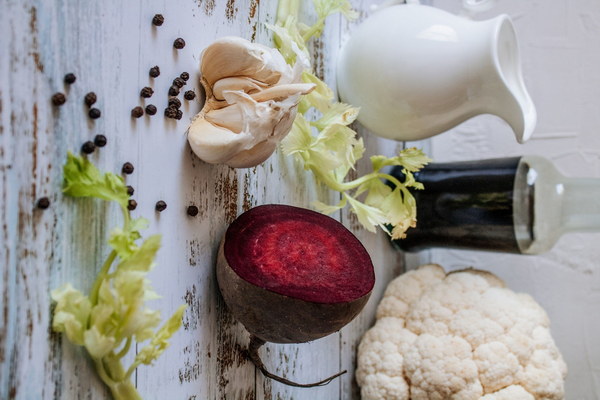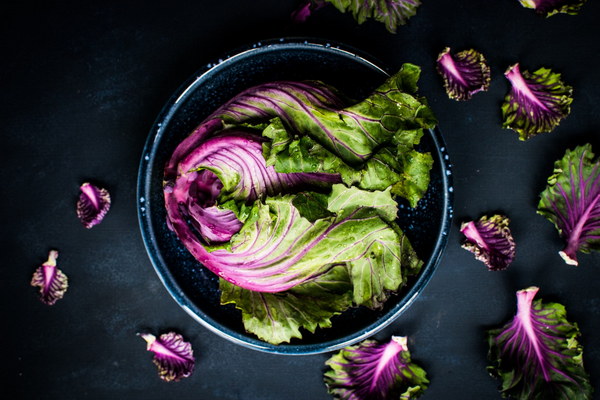Discover the Traditional Chinese Herbs for Diuretic and Damp-Draining Benefits
In traditional Chinese medicine, the concept of dampness is considered a common imbalance that can lead to various health issues. Dampness is often associated with excess fluid in the body, which can manifest in conditions such as edema, fatigue, and digestive problems. To address this, diuretic and damp-draining herbs are used to help the body eliminate excess fluids and restore balance. Here's a look at some of the most commonly recommended Chinese herbs for diuretic and damp-draining properties.
1. Pu Huang (Polygonum multiflorum)
Pu Huang, also known as the Chinese knotweed, is a well-known herb in TCM for its diuretic and blood-cleansing properties. It's often used in formulas to treat edema, kidney problems, and conditions involving blood stagnation.
2. Fu Ling (Poria cocos)
Fu Ling is a key herb in TCM for dampness-related issues. It's believed to help drain dampness from the body and improve kidney function. It's commonly used in conjunction with other herbs to treat edema, urinary tract infections, and respiratory conditions.

3. Bai Zi Ren (Akebiae caulis)
Bai Zi Ren, or the vinearrow root, is another herb that is highly regarded for its diuretic and damp-draining effects. It's often used in the treatment of edema, kidney disease, and conditions involving fluid retention.
4. Ze Xie (Alisma orientale)
Ze Xie, or oriental water plantain, is a potent diuretic herb that is commonly used to treat dampness-related conditions. It's believed to help eliminate dampness from the body, making it effective for edema, gout, and urinary tract infections.
5. Han Fang Pi (Alisma orientale)
Han Fang Pi is the rhizome of the oriental water plantain and is used in TCM for its diuretic properties. It's often used to treat edema, kidney problems, and to support the urinary system.
6. Zhu Ling (Bamboo Shave)
Zhu Ling, or bamboo shavings, is a unique herb used in TCM for its diuretic and damp-draining effects. It's believed to help clear damp heat and is often used in the treatment of urinary tract infections, edema, and skin conditions.
7. Ling Zhi (Ganoderma lucidum)
While not traditionally considered a diuretic, Ling Zhi, or reishi mushroom, is known for its ability to nourish the kidneys and enhance overall fluid balance in the body. It's often included in formulas to support the immune system and improve kidney health.
How to Use These Herbs
When using these herbs, it's important to consult with a qualified TCM practitioner. They can provide a personalized formula tailored to your specific health needs. Herbs are typically prepared as teas, powders, or tinctures, and may be taken alone or in combination with other herbs.
Safety and Precautions
While these herbs are commonly used in TCM and have been used for centuries, it's essential to use them under the guidance of a healthcare professional. Some herbs may interact with certain medications or have contraindications for certain health conditions. Additionally, pregnant or breastfeeding women should avoid using herbal remedies unless advised by a healthcare provider.
In conclusion, traditional Chinese medicine offers a wealth of herbal remedies that can help with diuretic and damp-draining purposes. Herbs like Pu Huang, Fu Ling, Bai Zi Ren, Ze Xie, Han Fang Pi, Zhu Ling, and Ling Zhi are all valuable tools in the TCM practitioner's arsenal for addressing dampness-related issues. However, it's crucial to seek professional advice before starting any herbal treatment to ensure safety and efficacy.









